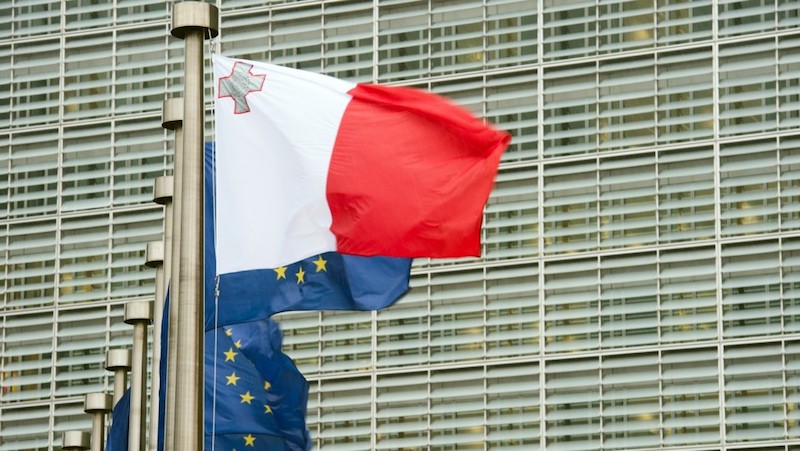I have never been a number-cruncher and harbour a profound dislike of polls, surveys, and anything that reduces the exercise of universal suffrage to decimal points and percentages. 2024 is definitely not a year for those averse to these mathematical aberrations, given that it is a bumper year for elections worldwide.
Liberal democracy in today’s world is, however, a business of numbers, and the multiple ways in which democracies chose to elect their representatives were on show in the continent-wide elections.
For example, here in Luxembourg voters were empowered with six ‘X’s with which to indicate their preferences against a minimum of three and a maximum of six MEP candidates (you can give two X’s to a single candidate – strange no?).
The result was interesting – 2 to the Christian Democrats, 1 to the Socialists, 1 to the Greens, 1 to the Democratic Party and, for a record first, 1 seat to the Far Right ADR. It’s a change from our single transferable vote that, as we have seen, benefits the ‘bigger parties’ (and also works wonders for appropriately surnamed candidates who enjoy the lion’s share of donkey votes).
Still, as I was saying, the politics of concepts, programmes, and ideals gives way to the nitty gritty of numbers and aggregates past polling day. Analysis tends to focus on gains, trends, switches, and so on—all too often missing the wider point of the kind of politics that has been voted for—if any politics was being voted for.
Right. Because the first point I want to make is that of relevance. What is the relevance of the European Parliament vote in 2024? The European institutions campaigned heavily to get people out there to vote.
Voter turnout for these elections is not exactly thrilling normally, and the justification is usually because the electorate feels distant from European matters. Are they that distant? Are they still so ‘irrelevant’ on the ground?
Lesson number one of the 2024 suffrage is that, more than ever, European elections count. Sure, in many countries, they were twinned with local or regional elections. Sure, the reading of the results is skewed according to the country you are looking at. That does not mean, however, that they are any less important or relevant than national elections. Look at France. The EP election result has led to Macron dissolving parliament and calling a snap election.
Austria, Italy and Germany were all a litmus test for the rise of the rightist parties. From Slovenia to Lithuania to Portugal to Malta, the battles for seats were no trivial matter and reflected a deeper involvement of the European demos at a new level.
Focusing on the local, it is often said that citizens can afford to ‘use their vote’ differently at a European level to ‘send a message’ they would not be able to send at national elections. Is that wrong? Is it not another dimension of the European democratic reality?
Interestingly, the nature of the European elections is such that candidates and parties cannot engage in a campaign of programs and promises as we are used to on a national basis. Most times the message from the candidate/party is that they will guarantee that ‘your voice will be heard’ in Europe.
Few, if any, of the candidates bother with explaining the intricacies of how the EP works and how their participation as representatives could improve the voter’s lot. They don’t have to really.
The elected are dispatched to Brussels to take their place among the European formation to which their party is affiliated. In that too, the EP elections have impacted politics at a national level, with the ever-growing importance and consideration of pan-European political groupings. Do not underestimate the long-term effects of such issues.
Roberta Metsola would not be where she is today if the PN were not part of the EPP grouping. Labour’s MEPs have quickly learnt to work the ropes within the Socialist grouping in Europe – despite the reputational backlash caused by the corrupt elements at the national government level.
Newly elected Labour MEP Thomas Bajada’s first words reflected the awareness of this dimension. His words clearly came from a person with experience of the Euro-bubble who, like the vastly experienced Metsola, has already grasped the importance of operating in this sphere.
To conclude this first part, it is safe to say that this tenth parliamentary election (which first took place in 1979) has significantly bridged the mental gap that existed among European citizens regarding voting for EP elections.
For multiple reasons, the five-year appointment has increased in stature and importance. It definitely can no longer be dismissed as a futile exercise in electing persons to some far-away, incomprehensible gravy train.
As the European Parliament has grown and as the politics of the national and European levels have become increasingly interdependent, elections have become firmly entrenched in the mindset of European citizens.












